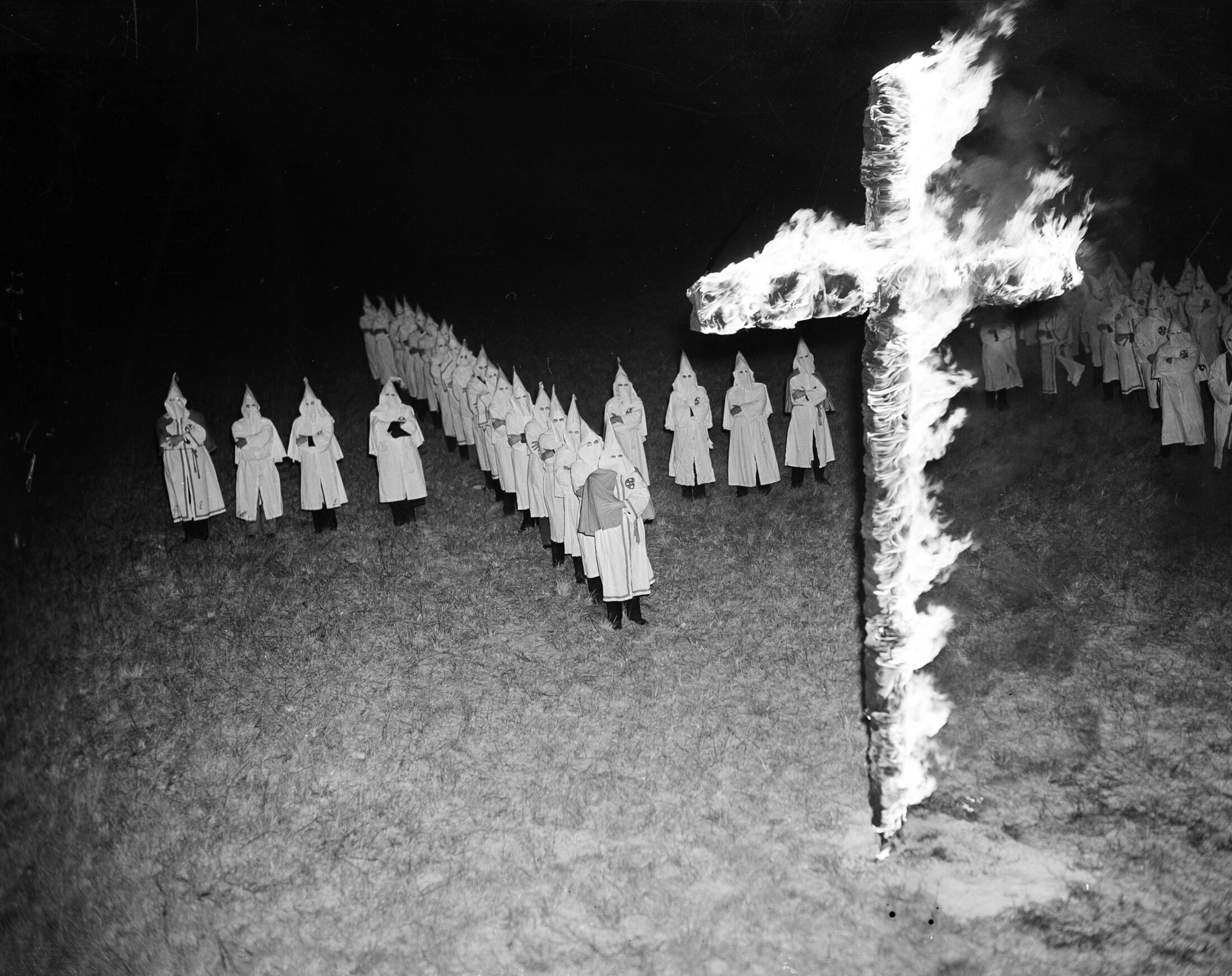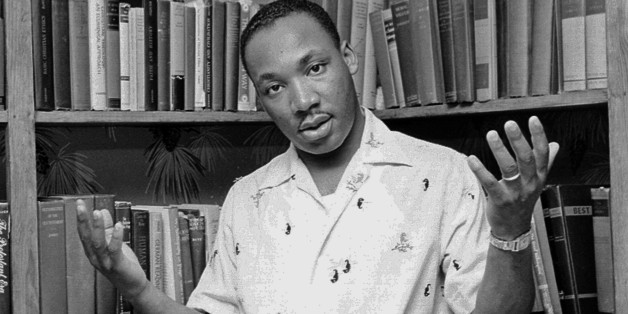1865. The Civil War is over. Slavery has been abolished. The country is “reconstructing” itself. This should have meant that the lives of African-Americans improved during this period. But it didn’t. 1865-1930 is often called the “nadir of African-American life.” Not only did they gain very little economic or social benefit from the end of…
The board game Monopoly seems too complicated to have had one single inventor, right? Well, no. Elizabeth Magie invented it in the first few years of the 20th century, and called it The Landlords Game. But the original game was anti-landlord, and embodied many aspects of communitarianism. Find out about it, about Elizabeth Magie, and…
U.S. Reconstruction The Reconstruction period (1865-1877) after the Civil War was at least as complicated as the war itself. It’s also been fraught with different historian interpretations over the generations. Professor Phil Nash joins us to untangle what happened and put the strands back together to understand the history of the period and the people…
June 5th, 1944. An undisclosed location in southern England. The planned Allied invasion of Normandy has been delayed by weather, and by concerns over German troop deployments on the northern French coast. A grumpy American general is weighing all the options. A courier rushes in and hands him an urgent notification of a decrypted German…
Mother’s Day is nearly here. The holiday has a fascinating history of its own, but the ways people have thought about the origins and history of Mother’s Day provides us a great opportunity here at the Buzzkill Institute to talk about the complications of history and memory. But it also gives us the chance…
Politics is a messy business, even in the best of times, and especially in the worst of times. Many people console themselves with this reality by quoting Otto von Bismarck, the 19th century Prussian politician who, among other things, was the the first Chancellor of the German Empire (from 1871 to 1890). He was…
Did the United States really “bail the French out in two world wars,” or is it a blustering, bigoted myth? Professor Phil Nash joins us to discuss what actually happened in World Wars I and II, and whether the United States was “bailing out” the French or repaying a major debt from the American…
Alice Hamilton was a pioneer in occupational medicine and industrial toxicology. And it’s not an exaggeration to say that she was the most important person in helping to make the American workplace safer. She also campaigned for women’s rights, social and economic reform, and international peace. There are very few people who need more…
Historian Ray Boomhower joins us to analyze the famous speech given by RFK in Indianapolis, on hearing about the assassination of Martin Luther King in 1968. It’s one of the most famous and touching speeches in modern American history, and is usually credited with keeping Indianapolis calm in the wake of that horrible tragedy.…
Martin Luther King did so much more for American society, and wanted so much more from the US government and US elite, than most people realize. Popular history has airbrushed out far too much about his life and work. Professor Phil Nash reminds us of the importance of King’s work, especially during the forgotten…










